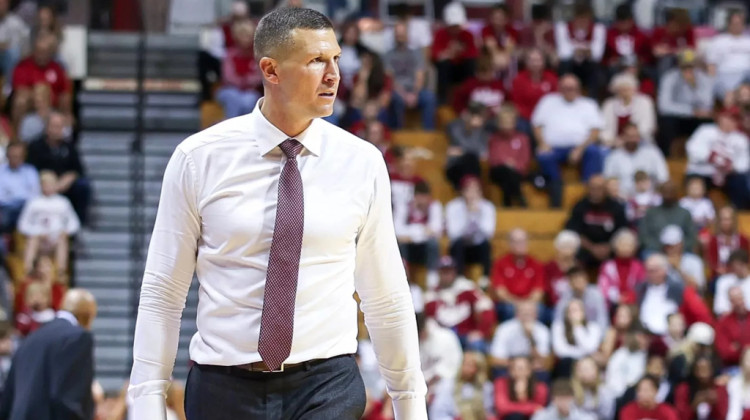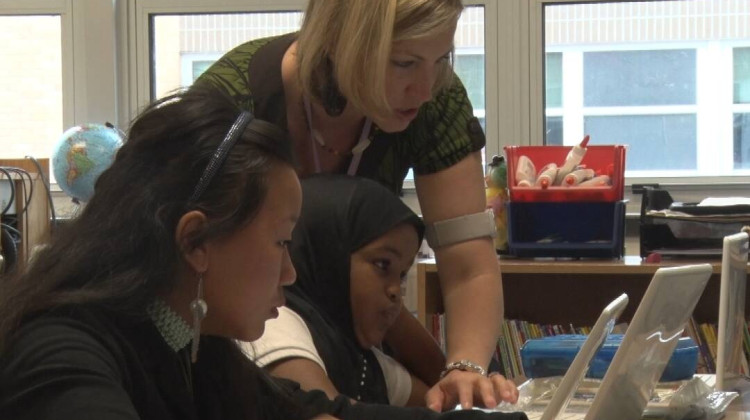MISHAWAKA, Ind. (AP) — An Indiana high school is cracking down on students who vape.
Mishawaka High School enacted a policy this year allowing resource officers to issue tickets to students caught vaping at least twice, the South Bend Tribune reported. Violations carry a $145 fine among other consequences.
“We could spend $40,000 on vape sensors in our bathrooms, but all of that seems like after the fact,” Jessica Mann, dean of students at Mishawaka High School, told the school board during a recent meeting. “We want to help students quit.”
Mann said Mishawaka officials devised a plan last summer to address the mounting number of students vaping, a practice in which nicotine is heated and inhaled through a pen-like device. It was important to not simply punish students for using tobacco, she noted, but to combine discipline with learning.
Last school year, Mishawaka students received 75 out-of-school suspensions for tobacco use. So far, 40 students have been suspended this year. While 26 students chose in-school-suspension and educational sessions with Drug and Alcohol Resistance Education officer Lt. Tim Williams as punishment, the other 14 students instead opted for out-of-school suspensions.
Officials say the number of students vaping at school is “at least two to three times” higher, since many students share the devices.
“We were shocked. We thought, ‘This is a lot. Is this normal? How do we combat this?’” said Mann.
In addition to the fines, Williams has a DARE curriculum that delves deeper into the health, legal and other ramifications of vaping.
“We’re trying to show them that there are true consequences,” Williams said. "...'I really don’t want to write a ticket for it. I’d rather help you get the resources you need to get rid of the addiction.'”
Board member Holly Parks applauded the policy, saying the $145 fine “should be higher.”
However, one Indiana expert on school discipline contends the policy could have unintended consequences.
Russ Skiba, a professor at Indiana University, noted that fines and court expenses put pressure on low-income families.
“For a large percentage of kids, they wouldn’t have that kind of money,” he said. “It falls disproportionately on families with lower resources who are less able to pay fines and more likely to face severe consequences that follow.
 DONATE
DONATE







 View More Articles
View More Articles


 Support WFYI. We can't do it without you.
Support WFYI. We can't do it without you.